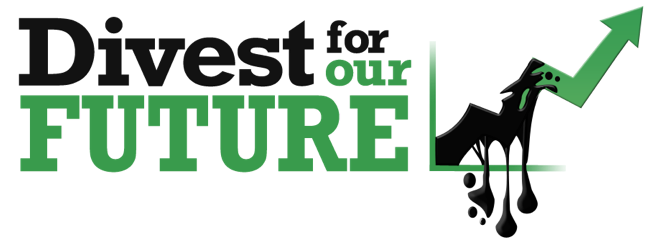
I started working at Macmillan Cancer Support in August this year. I might not be working for the environment lobbyist or think-tank that I was aiming for, but I enjoy every day at this charity and being happy in the work place is totally underrated for such an important thing. Besides, it could well be a case of ‘the grass is greener’…
Speaking of green, Macmillan’s branding, as you may already know, is coloured in a series of greens. But how ‘green’ is Macmillan as an organisation?
I recently joined Macmillan’s Eco Committee, and I was overjoyed to find an outlet for my enviro-energy within the workplace. It’s not the biggest group going, considering the size of the organisation as a whole, but it’s had its successes and I’m keen to see it grow. I started my involvement by going to a Lunch & Learn called ‘Is your pension fuelling climate change?’ back in November. It was hosted by the Eco Committee and Share Action, an NGO dedicated to getting organisations to divest their pensions. What I learnt was that the answer is yes. BOO.
But then it turns out that it’s actually extremely difficult to divest your pension entirely from fossil fuels, unless you have the money to afford a financial advisor….. aaaand most of us don’t. Especially, if like me, you work for a charity. Aaaaaaand, there’s a dilemma here because a lot of charity workers are ethically-minded and would likely divest if they were aware of another available option.
Today, some long-standing members of the Mac Eco Group, ShareAction, and me – went to meet with our pension provider Legal & General at their offices to talk through their proposed ethical option, the Future World Fund. Ed Davey from the Prince’s International Sustainability Unit was there too, as he is on the admirable mission to get the royal household to divest!
So, what I learnt from our meeting with Emma Douglas and Meryam Omi of L&G – who have been fighting from within the company since day one – was that the Future World Fund is far from ideal. But it is a great first step.
“When you choose your fund, you are financing your future – you have a say and a stake in the world” – Meryam Omi, Legal & General
Amongst other things, the feature that sparked the most debate was the fact that the fund would still involve some investment in fossil fuels. It would exclude coal to a large extent, and have increased investment in renewable energy, but it would be far from pure divestment. However, Anne-Marie of ShareAction made the point that it is not currently realistic to divest entirely, as we live in a world still so dependent on fossil fuels. In ShareAction’s view, divestment needs to be a transition coupled with engagement with energy companies to allow a chance for change to come from within the sector. I can see where they’re coming from; it’s a don’t run before you can work scenerio… perhaps? Either way, it’s incredibly frustrating for those who want to see change fast.
We discussed in details the VAST national problem of financial illiteracy. As individuals, we are not seeking knowledge on our pensions. As pension providers, they’re not making this knowledge easily available. And, as employers, they’re not taking any responsibility to teach their employees about the ins and outs of pensions. Even at charities… where you’d think we’d practice ethics?!
The new auto-enrollment laws have not helped with this. Now, every employee is signed up to a pension automatically so there’s no need to actively seek information on pensions… for a lot of people.
One easy way to help reduce financial illiteracy from within the workplace would be to make it mandatory for all employees to read a document or, better still, watch a short video introducing how pensions work and their options for making their investments more ethical. At Macmillan, this would be easy to implement into the ‘New Starter Checklist’ that all new employees have to complete within their first month. And if information on the Future World Fund was made obvious and accessible at that point, I believe that it would be a no-brainer for most.
*The Future World Fund should be ready to roll out to all members of Macmillan staff by April. This will be at an extra cost – but worth it when considering the real issue of future stranded assets!
